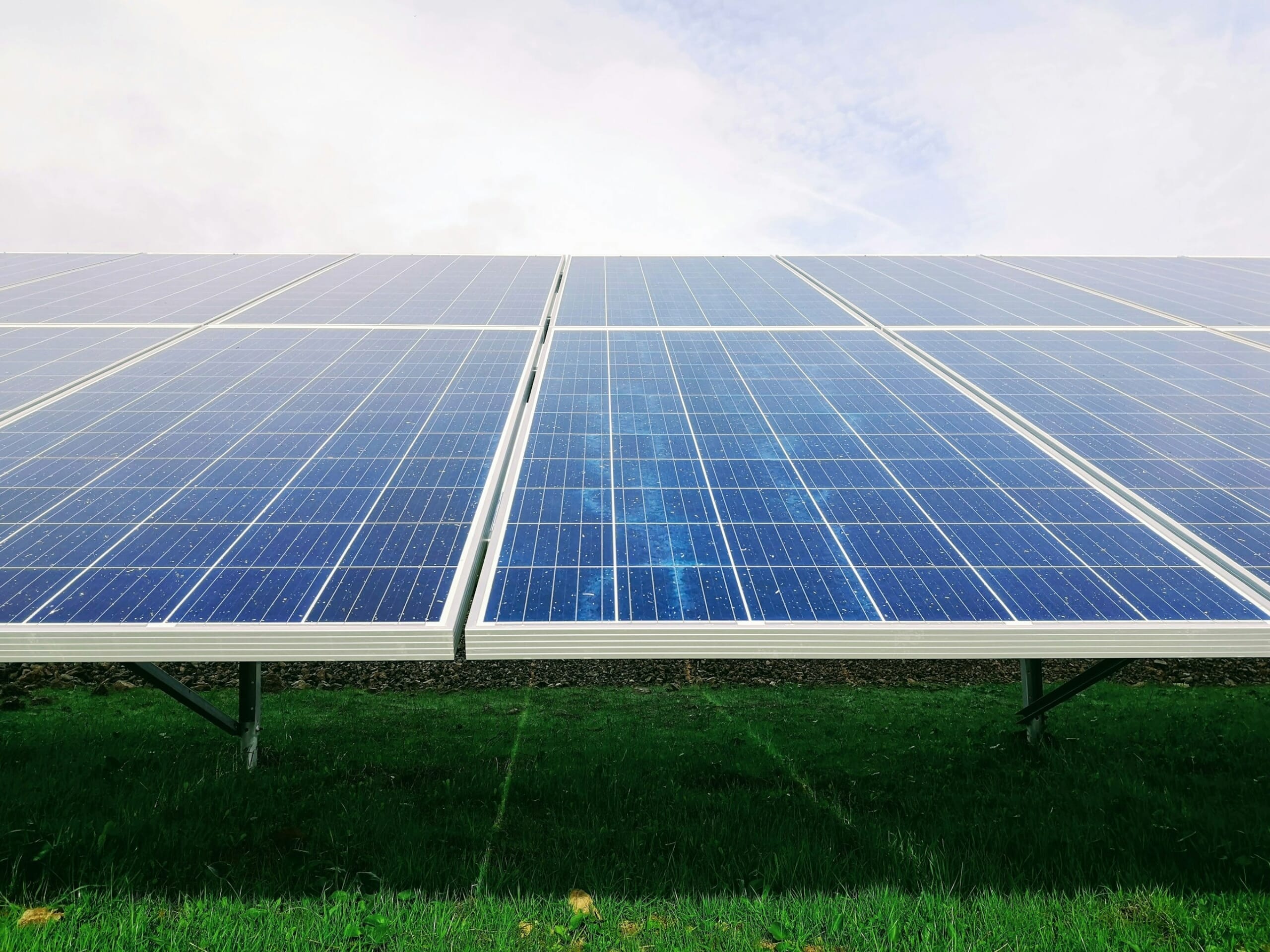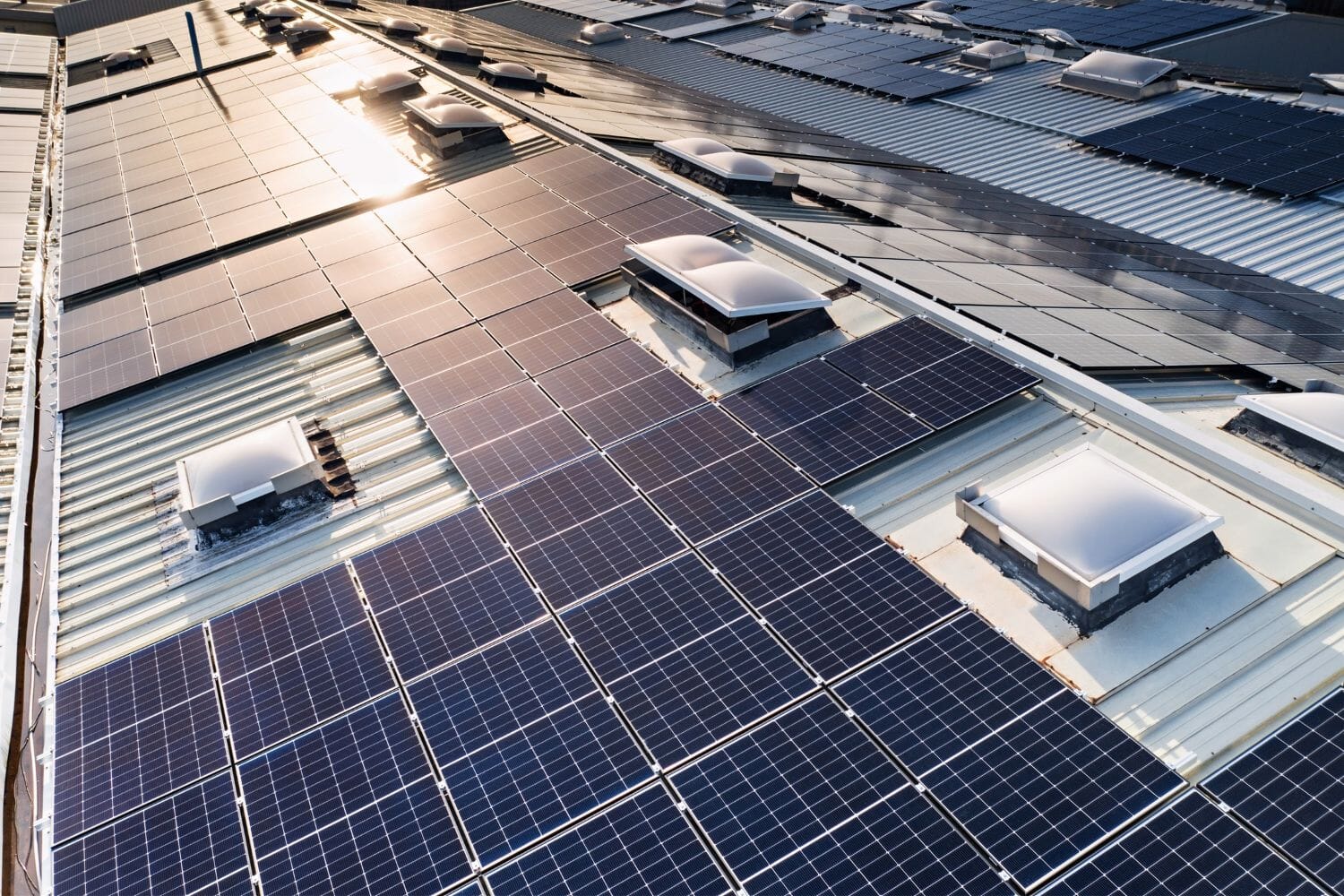According to ADE’s Managing Director in Germany, Nick Koidl, there are several drivers that are sparking interest in distributed energy among businesses. First and foremost, there is a widespread desire to contain energy costs, which have remained stubbornly high. In addition, the ongoing conflict in Ukraine and disruptive volatile global geopolitics have created a desire for businesses to ensure resilience in their own energy supplies.
Furthermore, the move toward distributed energy underpins Germany’s energy transition (“Energiewende”), with system-wide effects on grid management, flexibility, and long-term sustainability. Regulatory frameworks, such as the Renewable Energy Sources Act (EEG), have been updated to further encourage decentralised generation and storage, with policy ambition to continue to boost renewables’ share of generation and accelerate grid integration.
Germany has a target for 80 percent of its electricity supply to come from renewables by 2030 and achieved 59 percent in 2024. Elsewhere, it aims to reduce its greenhouse gas emissions by 65 percent from 1990 levels before 2030, as part of its goal to achieve carbon neutrality by 2045. Driven by increased domestic renewable energy production, imported electricity and a decline in energy-intensive industries, Germany’s carbon dioxide emissions fell to their lowest level in 2024 since the 1950s. Germany has the sixth most carbon-intensive electricity in Europe, 381 gCO₂/kWh compared to just 56 gCO₂/kWh in France in 2023.
Germany is at a critical milestone in its decarbonisation journey. Policy interventions have prompted action up to a point, but there is still a perceived and, in some cases, real over-reliance on fossil fuels that could hamper progress in the future. By taking advantage of onsite renewables that can be rapidly deployed, the private sector can be proactive in accessing the cost and carbon reductions available in a risk-free way without resorting to significant capital outlay.
Germany has led the way in solar power adoption for more than two decades and the commercial benefits are clear. In a country that is undergoing change and disruption, PPAs have the power to give businesses the edge.


